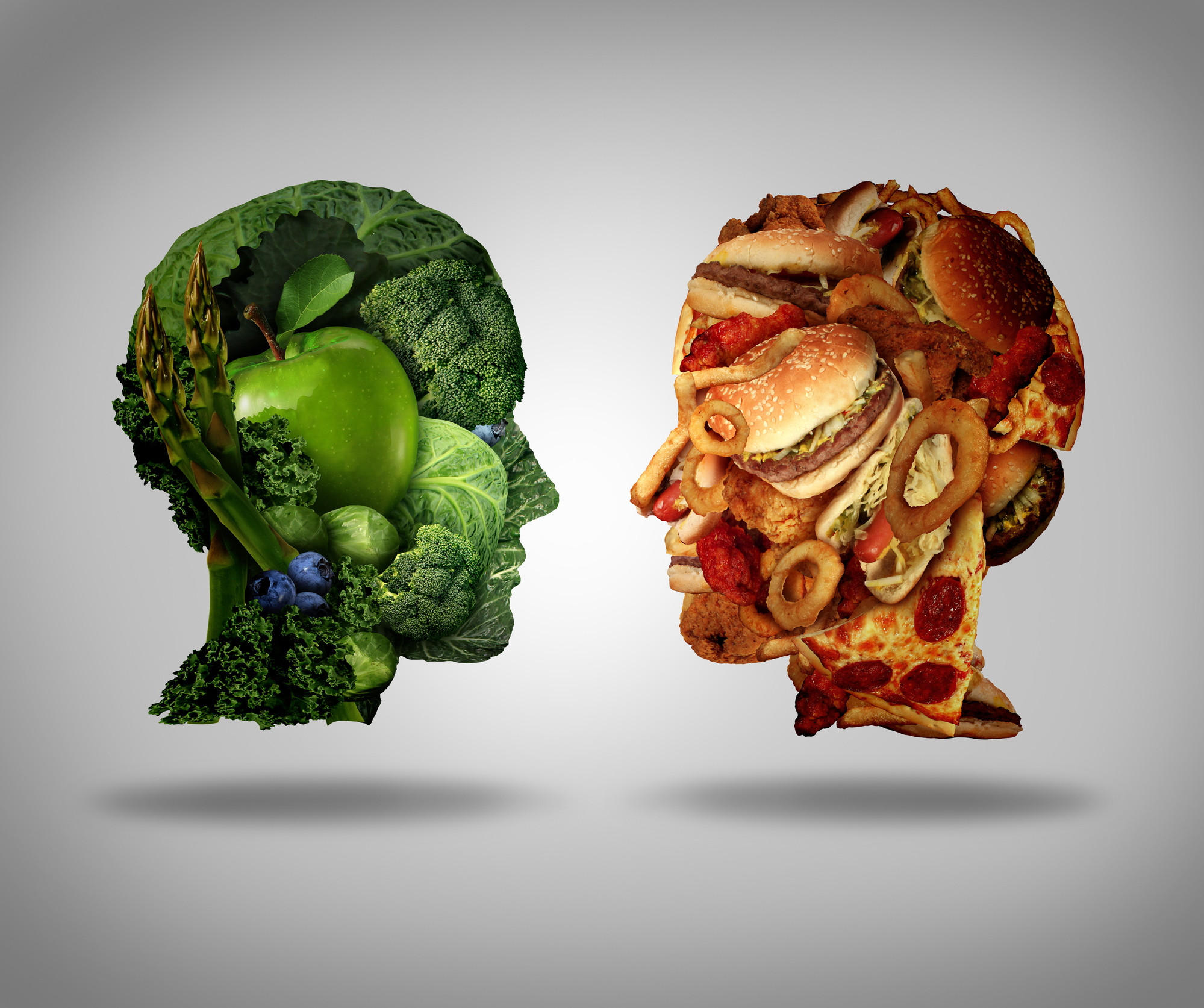Food Myths vs Facts
04 January 2020

Will acidic food increase cancer cell growth?
This unproven theory is based on lab studies that suggest cancer cells thrive in an acidic environment and cannot survive in alkaline surroundings. While these findings are accurate, they apply only to cells in an isolated lab setting. In the human body, the acid-base balance is tightly regulated by several mechanisms, such as kidney and respiratory functions. Even slight changes to your body’s pH are life-threatening events.
Therefore, what you eat can have a profound effect on your cancer risk, but the acidity or alkalinity of foods is not important.
Can antioxidants treat cancer?
Antioxidants such as vitamin C, vitamin E, carotenoids and other phytochemicals help to prevent oxidative damage to tissues. Some studies suggest that people who eat more fruits and vegetables (rich sources of antioxidants) may have a lower risk of some types of cancer. However, this does not mean that the benefits are primarily from their antioxidant content alone, but also from other nutrients as a whole.
In addition, there is no scientific evidence to show potential benefits or harms of taking antioxidant supplements during cancer treatment. High doses of antioxidants may even reduce the effectiveness of chemotherapy by protecting the cancer cells too. Therefore, it is best to obtain antioxidants through food and beverages sources rather than dietary supplements.
Can sugar feed cancer cells?
Sugar intake has not been shown to directly increase the progression of cancer. Glucose feeds every cell in the body including the brain. Our body has several back-up strategies to keep blood sugar levels normal. Hence, even without any carbohydrate in the diet, our body will make sugar from other sources, including protein and fat.
Individuals who avoid all carbohydrate-containing foods in fear of sugar could directly ‘feed’ the growth of cancer cells may struggle to maintain their weight while dealing with side effects of cancer treatment, which in turn delays recovery. However, if you are able to eat an adequate amount of food to maintain your weight, it is clearly healthy to limit excess simple carbohydrates as most foods and beverages that are high in added sugar do not contribute many nutrients to the diet and often replace more nutritious food choices.
Should I eat organic foods?
Organic foods are foods produced without conventional pesticides or herbicides, chemical fertilizer, genetic modifications, antibiotics or growth hormones. It has been suggested that organic foods may be more healthful as they are less likely to be contaminated by potentially carcinogenic compounds from agricultural chemicals. Their nutrient composition also claimed to be better than that of their conventionally grown counterparts. To date, it is unknown whether the consumption of organic foods provides health benefits for human.
No studies demonstrate whether organic foods are more effective in reducing cancer risk, recurrence or progression. Therefore, vegetables, fruits and whole grains should continue to form the central part of the diet, regardless of whether they are grown conventionally or organically.



